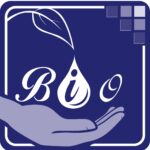In the UAE’s highly regulated commercial environment, choosing the right cleaning chemicals isn’t just about getting surfaces clean—it’s about protecting your business, your team, and your customers. Dubai Municipality approved cleaning chemicals set the standard for professional hygiene, and understanding why they matter can make a significant difference to your operations.
What Makes Chemicals “Approved”?
Dubai Municipality approved cleaning chemicals are professional-grade products that have passed rigorous testing and certification. The approval process evaluates chemical composition, effectiveness against specific pathogens, safety for human exposure, and environmental impact. Only products meeting all these standards receive official approval, making them the foundation of any compliant commercial cleaning program.
This certification system exists to protect public health and maintain the hygiene standards the UAE is known for globally. For businesses, it’s more than a regulatory checkbox—it’s a commitment to excellence.
Why Municipality Approval Matters for Your Business
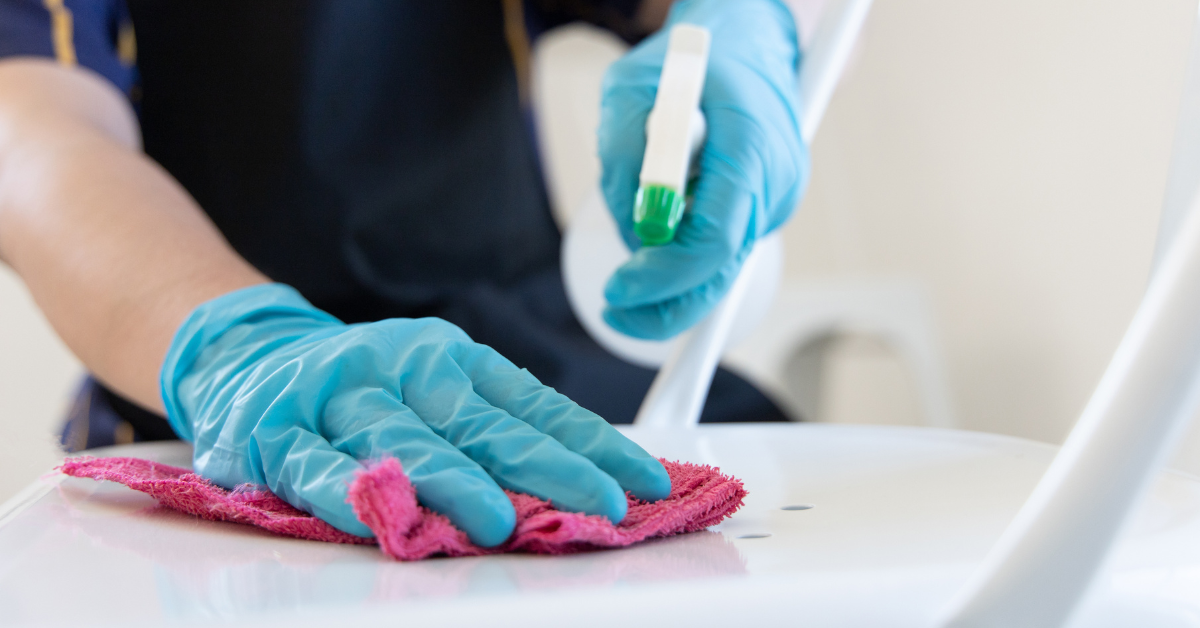
Legal Compliance
Operating in Dubai requires strict adherence to health and safety regulations. Using non-approved chemicals can result in fines, warnings, temporary closure orders, or license revocation during municipal inspections. Approved products demonstrate due diligence and protect your business from legal complications.
Safety for Staff and Customers
Approved chemicals are formulated and tested to be safe when used as directed. They contain controlled active ingredient levels that eliminate pathogens without posing health risks. Non-approved products may contain harmful substances, improper chemical concentrations, or lack proper safety testing, leading to skin irritation, respiratory problems, or chemical burns.
Proven Effectiveness
Dubai Municipality approval means the product has been verified to eliminate specific bacteria, viruses, and fungi. For healthcare, food service, and hospitality sectors, this proven effectiveness is non-negotiable. Approved disinfectants meet kill-time requirements and efficacy standards against common pathogens that cause foodborne illnesses and healthcare-associated infections.
Brand Protection
In today’s digital age, a single hygiene failure spreads quickly through social media and reviews. Using approved chemicals demonstrates commitment to the highest standards, protecting your reputation in competitive markets like hospitality and healthcare where customers actively seek businesses they can trust with their health.
Insurance Protection
Many insurance policies require compliance with local regulations as a condition of coverage. Using non-approved chemicals could potentially void your coverage in a hygiene-related incident. Approved products provide documentation proving you took appropriate precautions.
Key Types of Approved Cleaning Chemicals
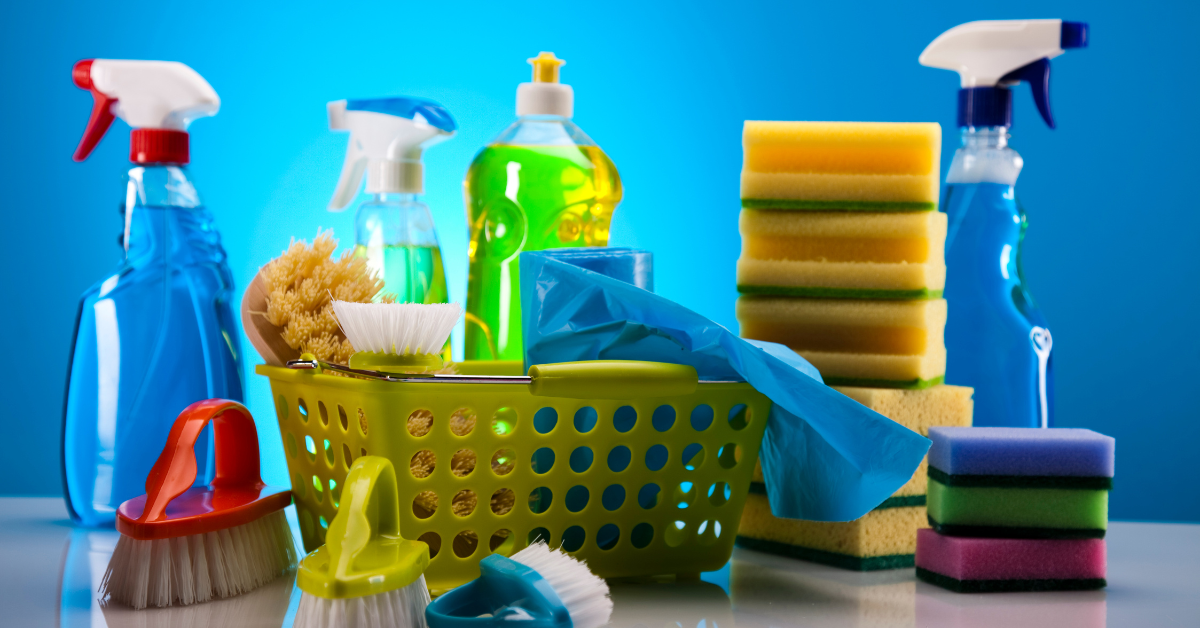
Disinfectants and Sanitizers
Disinfectants eliminate bacteria, viruses, and fungi on surfaces—essential for high-touch areas like door handles, elevator buttons, and food preparation surfaces. Approved disinfectants achieve specific log reductions of target pathogens within designated contact times. Sanitizers are less potent but reduce microbial populations to safe levels, commonly used in food service and childcare facilities where frequent application is needed.
Degreasers and Kitchen Cleaners
Commercial kitchens require specialized products to cut through grease and burnt-on residues while remaining safe for food contact surfaces. Approved degreasers help prevent fire hazards from grease buildup while ensuring compliance with food safety standards.
Multi-Surface and Floor Cleaners
Versatile daily cleaners for glass, metal, plastic, wood, and painted surfaces work in offices, retail spaces, and common areas. Floor cleaners are formulated for different flooring types—tile, vinyl, marble, terrazzo—ensuring effective cleaning without damaging finishes or creating slip hazards.
Bathroom and Textile Care Products
Bathroom cleaners combine descaling properties to remove mineral deposits with disinfecting power for high-moisture, high-contact areas. Approved laundry chemicals ensure thorough cleaning and disinfection of linens, uniforms, and towels at various temperatures while remaining compatible with commercial equipment.
HVAC and AHU Cleaners
Specialized cleaners remove dust, microbial growth, and contaminants from air handling systems, maintaining indoor air quality, energy efficiency, and system longevity while ensuring compliance with air quality standards.
Industries That Benefit Most
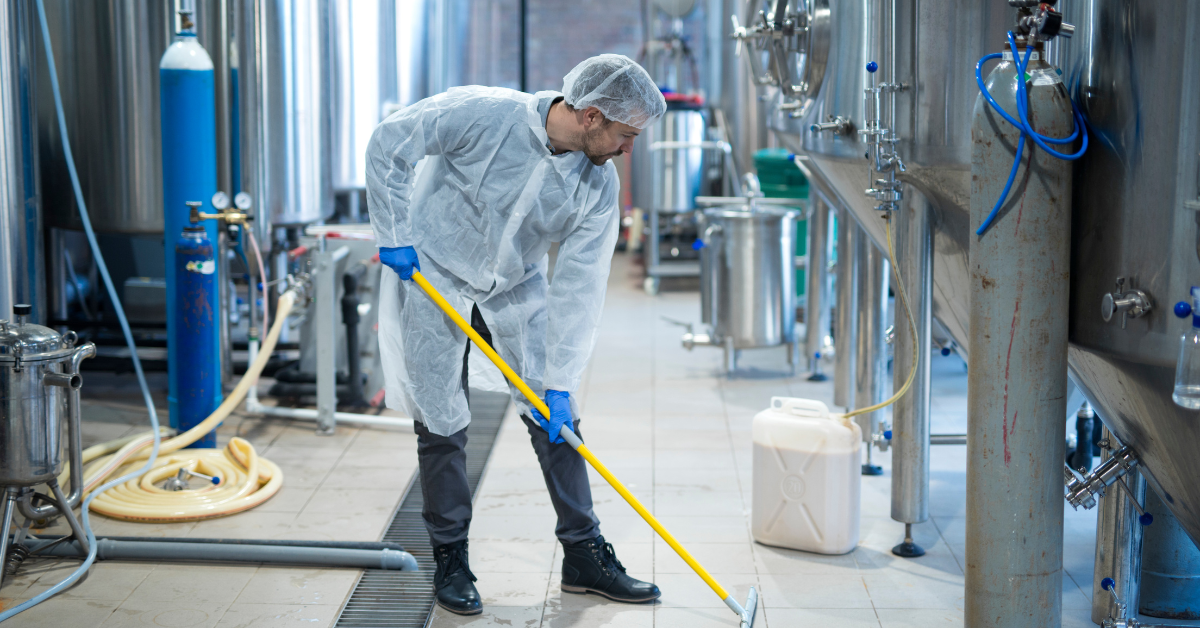
Hospitality maintains impeccable standards across guest rooms, public areas, and facilities. Certified products ensure consistency and demonstrate commitment to guest safety, directly impacting reviews and repeat business.
Healthcare Facilities require the highest hygiene levels to prevent healthcare-associated infections. Approved products must be effective against broad pathogen spectrums including antibiotic-resistant bacteria.
Food Service operations face strict regulatory scrutiny. Approved chemicals provide the documentation and efficacy needed to pass inspections and maintain food safety standards.
Educational Institutions serve vulnerable populations. Approved products balance effectiveness with safety considerations appropriate for environments where children play and eat.
Corporate Offices maintain professional spaces while ensuring employee health and productivity.
Retail and Industrial Facilities experience high traffic and heavy soiling, requiring robust cleaning solutions that meet safety and compliance standards.
Choosing the Right Chemicals for Your Needs
Start with an assessment. Evaluate your specific cleaning challenges: traffic levels, surface materials, proximity to food preparation, presence of vulnerable individuals, and industry-specific regulatory requirements.
Understand contact times and dilution ratios. Approved chemicals come with specific usage instructions. Contact time is how long a product must remain on a surface to achieve its intended effect. Using incorrect dilutions or insufficient contact times renders even approved chemicals ineffective. Proper staff training is as important as product selection.
Consider safety and handling. While all approved chemicals meet safety standards, some are more user-friendly than others. Assess your staff’s skill level, available PPE, and ventilation. Some powerful disinfectants require additional safety precautions compared to gentle daily cleaners.
Evaluate environmental impact. Many businesses seek solutions balancing effectiveness with environmental responsibility. Some approved products feature biodegradable ingredients, concentrated formulas, or reduced packaging. Environmental certifications demonstrate commitment to sustainability.
Factor in total cost of ownership. While approved chemicals may have higher upfront costs than generic alternatives, they’re often more cost-effective long-term. Effective products require less reapplication and work faster, preventing costs from violations or hygiene failures.
Partner with knowledgeable suppliers. A good supplier should understand your industry, recommend specific products for your applications, provide training, ensure availability, and offer ongoing technical support.
Best Practices for Implementation
Comprehensive Training
Document training covering dilution, application methods, contact times, safety precautions, and emergency procedures. Well-trained staff are more efficient, safer, and confident.
Follow Manufacturer Instructions
Every approved product has detailed usage instructions developed through extensive testing. Deviating from these guidelines can compromise effectiveness or void approval status.
Proper Storage and Inventory Management
Store chemicals in original containers with intact labels in cool, dry locations away from direct sunlight. Keep incompatible chemicals separated. Ensure products are used within shelf life.
Personal Protective Equipment
Assess each product’s PPE requirements and ensure gloves, eye protection, aprons, or respiratory protection are readily available. Train staff on proper use.
Documentation and Audits
Maintain detailed records of procedures, products used, frequencies, and deviations. Conduct periodic inspections to ensure protocols are followed. Consider ATP testing or other objective measures for quantifiable cleanliness data.
Common Misconceptions
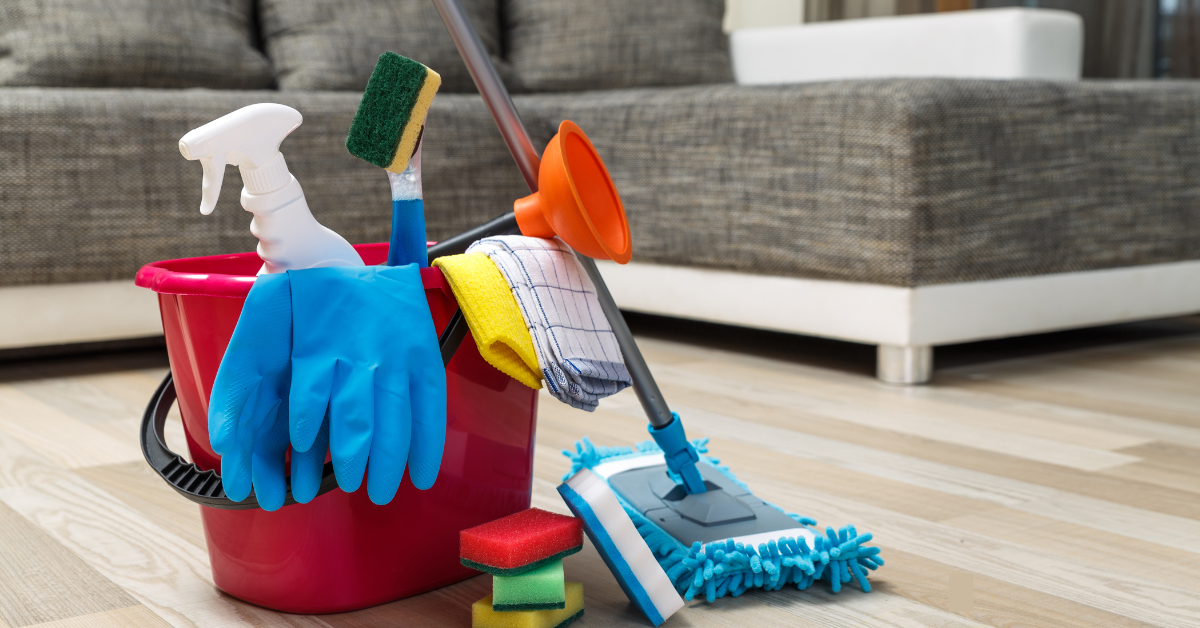
“All cleaning products are basically the same.” Products vary dramatically in chemical composition, pathogen efficacy, safety profiles, and surface suitability. Municipality approval exists precisely because not all products meet the same standards.
“Stronger always means better.” More concentrated chemicals aren’t necessarily more effective. They can damage surfaces, create safety hazards, and void warranties. Approved products are tested to achieve required cleaning levels for their intended use.
“Generic products are just as good and cheaper.” Lower purchase prices don’t account for regulatory violation costs, health incidents, surface damage, or ineffective cleaning. Approved products offer better technical support and performance guarantees.
“One product handles all needs.” Different surfaces, soils, and hygiene requirements demand different formulations. A proper program uses multiple approved products for specific tasks.
“Strong smell means it’s working.” Fragrance has no correlation with cleaning effectiveness. Modern approved chemicals are formulated with reduced odor profiles while maintaining efficacy.
Making the Switch
Audit current products. Inventory all cleaning products and check against Dubai Municipality’s approved list. Prioritize replacements based on risk areas like food preparation and healthcare zones.
Develop a transition plan. Create a phased approach addressing high-priority areas first, allowing staff retraining time, and managing budget considerations. Pilot programs help refine procedures.
Train comprehensively. Explain why approved chemicals are being implemented, focusing on safety, compliance, and results. Workers who understand the reasoning and feel confident are more likely to embrace change.
Update documentation. Revise cleaning protocols, procedures, and safety documentation. If pursuing certifications like ISO standards, update relevant documentation reflecting your commitment to quality.
Choose the right supplier. Look for suppliers offering comprehensive support including technical expertise, training assistance, reliable delivery, competitive pricing, and responsive customer service.
The Bottom Line
Choosing approved cleaning chemicals for your UAE business is one of the most important decisions for your commercial hygiene program. These products represent more than regulatory compliance—they’re an investment in safety, quality, reputation, and long-term business success.
In the UAE’s competitive, quality-conscious market, thriving businesses refuse to cut corners on fundamentals. Hygiene is fundamental. Using municipality approved cleaning chemicals demonstrates to customers, employees, and regulatory authorities that you take health and safety seriously.
The initial investment pays dividends through reduced violation risk, enhanced brand reputation, improved safety outcomes, and better cleaning efficiency. When considering non-compliance and hygiene failure costs, approved chemicals aren’t just the right choice—they’re the only reasonable one. Start with approved products from trusted suppliers, implement proper training and procedures, and commit to continuous improvement. Your business, team, and customers will benefit.
